Back to Blog
by Finage at August 3, 2023 • 4 MIN READ
Real-Time Data
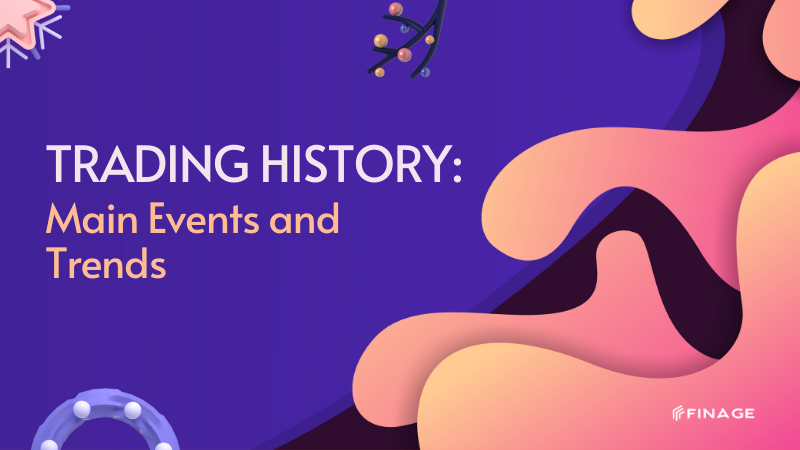
Trading History: Main Events and Trends
While its current form is rather complex, trade is rather simple, with very little change having happened on the basic level. When anything of value is exchanged for currency or another valuable thing, that’s known as trade. It’s been there pretty much since humans became civilized. The complex state it has been in currently is merely a result of how much evolution has taken place over thousands of years and understanding said changes is always helpful.
To properly put things into perspective, many things should be considered. This will include not only the major events in trade history but also some of the lasting trends like AI influence that exist to this day. Without further ado, let's begin!
Contents:
- Trading history summarized
- Several key events
- Trends that have come about
- Other key trends
- Final thoughts
Trading history summarized
The origins of trade take us back to the bartering days millennia ago when things were a lot simpler with people trading items of a prehistoric nature. The advent of several forms of currency made trading a lot easier, with distinctions between buying and selling, greatly simplifying things, with shells, pearls, and salt being utilized as money.
With humans advancing, trade would follow suit, as the metal coinage became the de facto currency over 2600 years ago. With metal coins having standardized worth, trade not only among individuals but also regions was made possible. The idea is that if a country possesses something that another does not and vice versa, trading between each other is easier to facilitate.
Several key events
The truth is that since the early days, trade has barely changed, with the concept only expanding into other areas and the means used to facilitate it also changing. If anything, the evolution of trade can be summed up by looking at several key events over the millennia and a few of these include the following:
- The bartering of prehistory: it refers to the exchange of goods/services directly, without the use of a commonly accepted medium like coins.
- The uses of metals in trade throughout the recorded world of around 3,000 BCE.
- Trade in the Middle Ages with Asia as the center and the creation of carrier ships like cogs.
- The sailing periods from the late 1400s and the Portuguese-led spice trade.
- The Dutch East India Trading Company and the development of the modern stock exchange in 1611.
- Further development of trading concepts like the importance of free trade in 1817 by James Mill, David Ricardo, and Robert Towens.
- The great depression of the 1920s: It originated in the United States with the stock market crash of 1929, which had far-reaching effects on various sectors of the economy; it also had a lasting influence on the economic landscape and shaped the approach to economic management for years.
- Black Monday in 1987, the 2008 stock market crash, and the 2022 financial market crisis were later stimulated with economic recovery.
Trends that have come about
The truth is that nowadays, the meaning of the word trade has grown as much as the field, with several different aspects taken into consideration outside basic buying and selling. These days, the trading sector tends to encompass several areas, the main ones being as follows:
- Forex
- Stocks
- Bonds
- Cryptocurrency
- Commodities
These, of course, are done on an individual as well as on an international scale between countries. As it stands the entire sector on any of these fronts has seen a great number of advancements and trends, especially on the technological front, with an entirely digital market being available. This has meant that many of the trading trends going forward have been of that kind, with things such as algorithmic trading being so prominent, especially in the fast-paced space.
A lot of emphasis has been placed on the quick and efficient gathering and use of data, which is then acted upon via the algorithms and the commands given. This is what, for the most part, replaced the use of brokers, at least in the typical fashion. This manner of trading is described as being automated, and going forward other tools such as AI and big data analytics will increase its hold on the field.
Other key trends
While technology has and will always play a major role in how the trade goes, other key factors have to be monitored for entities to make the best outcome. The following are just some of the major ones:
- Major global events such as wars and elections typically impact trade in multiple ways, with the latter's effect on trading policies being highly important
- Energy is another key factor and with the world moving toward renewable sources, businesses aligning themselves with that rise in value
- Inflation also affects trade especially as it pertains to how much a country imports and exports, with rising rates boosting the former and decreasing the latter
Final thoughts
Suffice it to say that trade has come a long way since the dawn of civilization and yet, it has hardly changed in its basic idea. This evolution has brought with it a host of developments, many of them a result of key events in history. With everything building up, we finally end up with today's complex trading sphere.
The history of trade doesn't come about without the things and trends that influence its progress, however. This is something that will only persist as time goes on, with technology like rising digital currencies that are taking center stage.
You can get your Real-Time and Historical Market Data with a free API key.
Build with us today!
Featured Posts
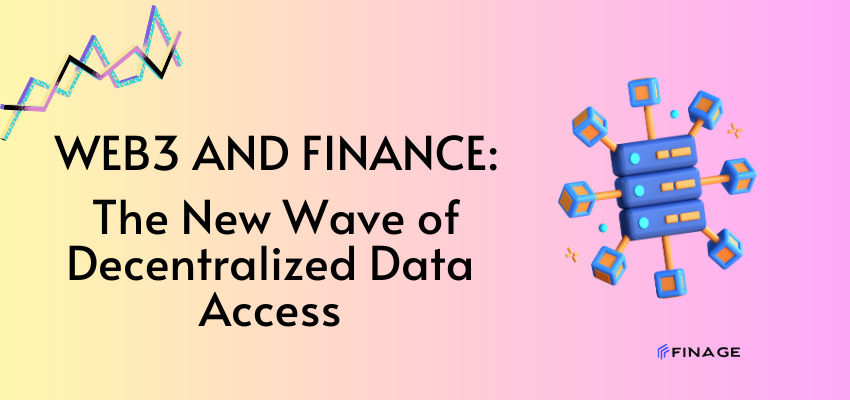
Web3 and Finance: The New Wave of Decentralized Data Access
October 28, 2024
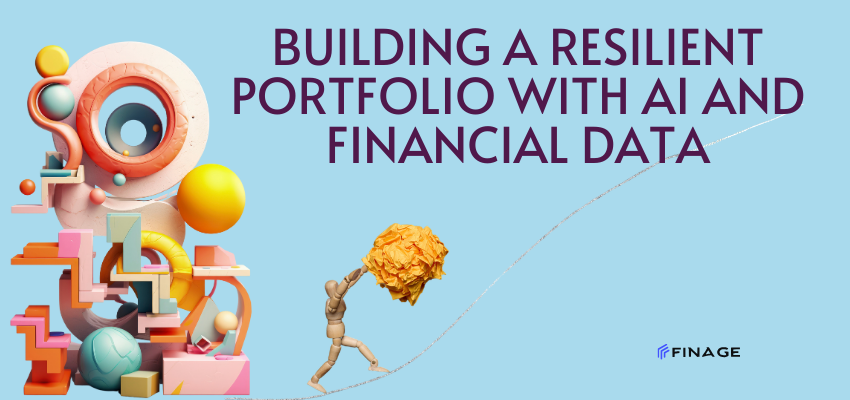
Building a Resilient Portfolio with AI and Financial Data
October 27, 2024

What is Financial Compliance Regulation?
October 26, 2024
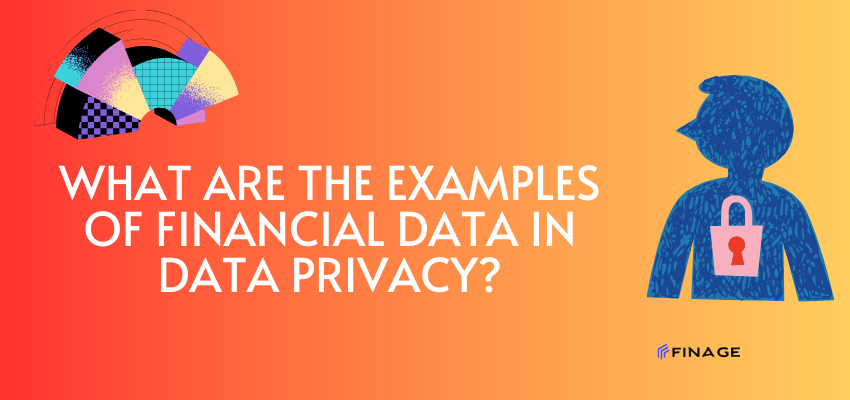
What are the Examples of Financial Data in Data Privacy?
October 25, 2024
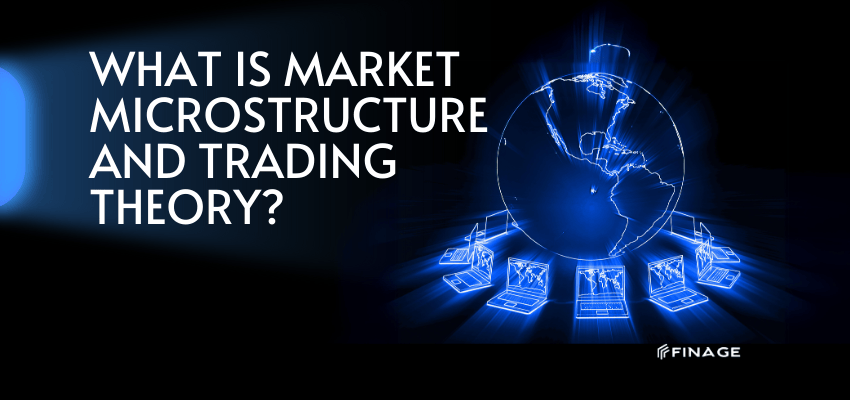
What is Market Microstructure and Trading Theory?
October 24, 2024
Tags
Trading History Overview
Key Events in Trading History
Trading Evolution and Trends
Major Milestones in Trading
Historical Trading Developments
Global Trading Events
Financial Market Evolution
Stock Market Historical Events
Trading Technology Advancements
Historical Trading Practices
Significant Changes in Trading
Trading Regulation History
Historical Financial Crises
Evolution of Trading Platforms
Commodity Trading History
Stock Exchange Milestones
Forex Trading Historical Overview
Electronic Trading Evolution
Global Trade Trends Over Time
Major Shifts in Trading Techniques
Join Us
You can test all data feeds today!
Start Free Trial

If you need more information about data feeds, feel free to ask our team.
Request Consultation
Back to Blog
Please note that all data provided under Finage and on this website...